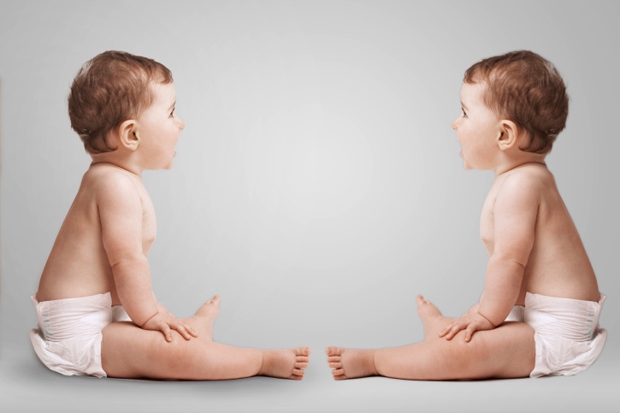
Disagree with half of it, enjoy reading all of it
TRY 3 MONTHS FOR $5
Our magazine articles are for subscribers only. Start your 3-month trial today for just $5 and subscribe to more than one view
Already a subscriber? Log in







Comments
Join the debate for just £1 a month
Be part of the conversation with other Spectator readers by getting your first three months for £3.
UNLOCK ACCESS Just £1 a monthAlready a subscriber? Log in